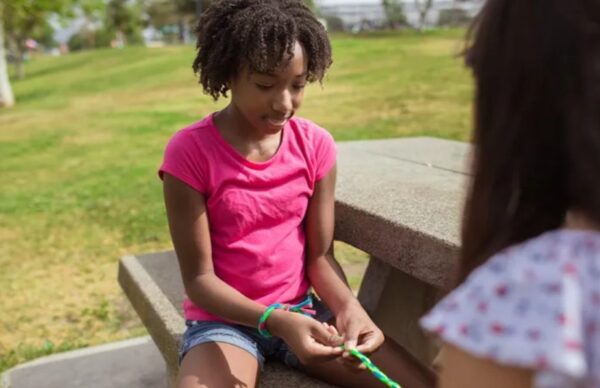Lifestyle
5 reason why children should not be scolded before outsiders

Here are some of the psychological reasons why scolding children in front of outsiders can be harmful.
1. This can affect their self-esteem in a negative manner
Children are in the process of developing their self-identity, and a significant part of this development is tied to how they perceive themselves through the eyes of others. When a child is scolded in front of outsiders, it can lead to feelings of shame and embarrassment, which directly undermine their self-esteem. A study published in the Journal of Child Psychology and Psychiatry found that children who experience public criticism or humiliation are more likely to suffer from low self-esteem and may develop a negative self-image over time. This decrease in self-worth can affect their confidence and their ability to interact socially.
2. Creates a sense of fear and anxiety
Scolding a child in front of others can induce fear and anxiety, as the child might begin to associate their parents with unpredictability and public humiliation. According to research from the American Psychological Association, repeated exposure to such situations can lead to chronic anxiety, where the child becomes overly cautious, fearful of making mistakes, and apprehensive about social interactions. This fear can have long-lasting effects, making it difficult for the child to feel secure and confident in various social settings.
3. It can damage the trust in parent-child relationships
Trust is the foundation of a healthy parent-child relationship. When parents scold their children in front of outsiders, it can damage this trust. Children rely on their parents for protection and support, and public reprimands can make them feel betrayed. Public scolding can lead to a breach of trust, where the child feels that their parents are not a safe haven, but rather a source of public embarrassment. This can result in children becoming more secretive, less communicative, and emotionally distant from their parents.
4. Sets a tone for repeated negative behaviour
Scolding in public can often backfire by reinforcing the very behaviour it aims to correct. Children may act out more if they feel that their parents are not supportive or understanding, especially when reprimanded in front of others. According to a study by the Society for Research in Child Development, children who are publicly scolded are more likely to rebel or repeat the misbehaviour, as they feel misunderstood and disconnected from their parents. Instead of addressing the root cause of the behaviour, public scolding can create a cycle of negative behaviour and punishment.
5. Impacts the child’s social development
A child’s ability to develop healthy social relationships can be significantly affected by how they are treated in front of others. Public scolding can lead to social withdrawal, where the child becomes reluctant to engage with peers due to fear of further embarrassment.









